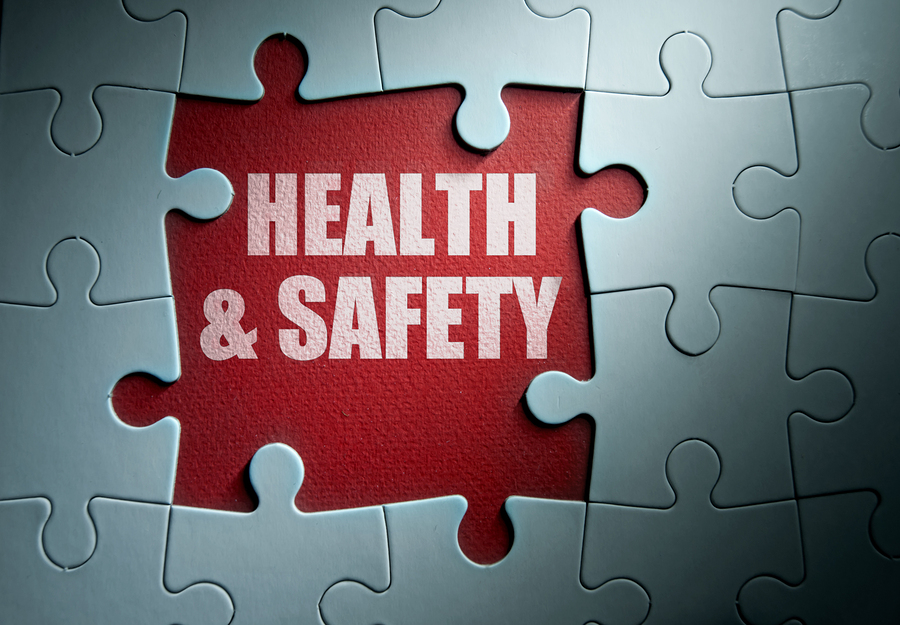
In Uganda, like many developing nations, ensuring the health and safety of workers remains a significant challenge. The working conditions in various sectors often fall below acceptable standards, resulting in frequent accidents, illnesses, and even fatalities. It is imperative that Uganda takes proactive measures to address these issues and improve the well-being of its workforce. Its important to explore the importance of improving the health and safety of workers in Uganda and also highlight key challenges and potential solutions.
Worker health and safety are fundamental human rights. Every worker deserves to go to work and return home in good health and unharmed. However, in Uganda, this basic right is often compromised due to various factors such as inadequate safety regulations, lack of enforcement, and limited access to healthcare services.
Improving worker health and safety is not only a moral obligation but also has several economic and social benefits. First and foremost, it reduces the burden on the healthcare system by preventing workplace injuries and illnesses. This leads to lower healthcare costs and frees up resources for other critical health needs.
Moreover, when workers are healthy and safe, they are more productive and motivated, ultimately contributing to increased economic growth and development.
However, there are innumerous challenges to worker health and safety in Uganda including inadequate Regulations and enforcement. Uganda lacks comprehensive labour laws and regulations that prioritize worker health and safety. Even when regulations exist, enforcement remains weak. Many employers ignore safety standards with impunity, knowing they are unlikely to face consequences.
Workers often lack awareness of their rights and the risks associated with their jobs. Education and training on safety measures are limited, resulting in preventable accidents. Labour standards and protections are minimal or non- existent. Workers in this sector are particularly vulnerable to exploitation and unsafe conditions.
Access to quality healthcare is limited in many parts of Uganda. Injured or sick workers often struggle to access timely medical care, exacerbating their conditions.
Gender disparities persist in the workforce, with women often facing additional health and safety challenges due to discrimination and harassment.
There are however potential solutions that can be put in place to mitigate these issues i.e. Strengthening Regulations and Enforcement. Uganda must develop and implement comprehensive labour laws and regulations that prioritize worker health and safety. Effective enforcement mechanisms should be established to hold employers accountable for violations.
Education and Training. Workers should receive proper training and education on safety measures and their rights. This can be achieved through partnerships between government agencies, employers, and labour organizations.
Encouraging the formalization of informal sector jobs can help extend labour protections to a broader segment of the population. This can be done by simplifying registration processes and offering incentives to employers.
Expanding access to healthcare services, particularly in rural areas, is crucial. Mobile clinics and telemedicine initiatives can help bridge the healthcare gap for workers in remote locations.
Eliminating gender disparities in the workforce requires awareness campaigns, anti-discrimination policies, and legal protections against harassment and discrimination.
Improving the health and safety of workers in Uganda is not only a matter of human rights but also essential for the country’s economic development. By addressing the challenges faced by its workforce and implementing proactive solutions, Uganda can create a safer and more productive work environment for its citizens. This will contribute to a healthier, more prosperous nation where workers can thrive and contribute to the overall growth and development of the country. The government, employers, and civil society must collaborate to prioritize worker health and safety and ensure that it becomes a reality for all workers in Uganda.


